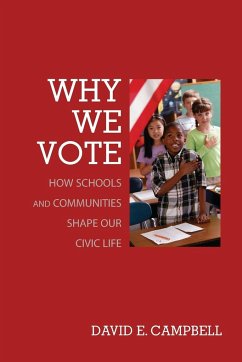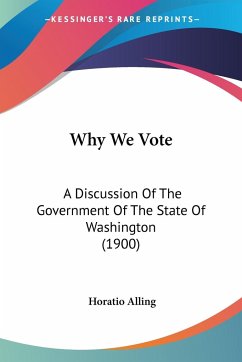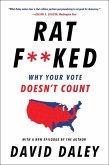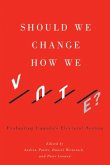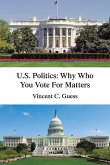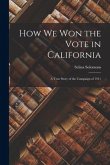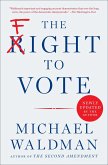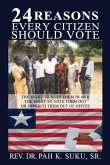Why do more people vote--or get involved in other civic and political activities--in some communities than in others? Why We Vote demonstrates that our communities shape our civic and political engagement, and that schools are especially significant communities for fostering strong civic norms. Much of the research on political participation has found that levels of participation are higher in diverse communities where issues important to voters are hotly contested. In this well-argued book, David Campbell finds support for this view, but also shows that homogenous communities often have very high levels of civic participation despite a lack of political conflict. Campbell maintains that this sense of civic duty springs not only from one's current social environment, but also from one's early influences. The degree to which people feel a sense of civic obligation stems, in part, from their adolescent experience. Being raised and thus socialized in a community with strong civic norms leads people to be civically engaged in adulthood. Campbell demonstrates how the civic norms within one's high school impact individuals' civic involvement--even a decade and a half after those individuals have graduated. Efforts within America's high schools to enhance young people's sense of civic responsibility could have a participatory payoff in years to come, the book concludes; thus schools would do well to focus more attention on building civic norms among their students.
Hinweis: Dieser Artikel kann nur an eine deutsche Lieferadresse ausgeliefert werden.
Hinweis: Dieser Artikel kann nur an eine deutsche Lieferadresse ausgeliefert werden.

